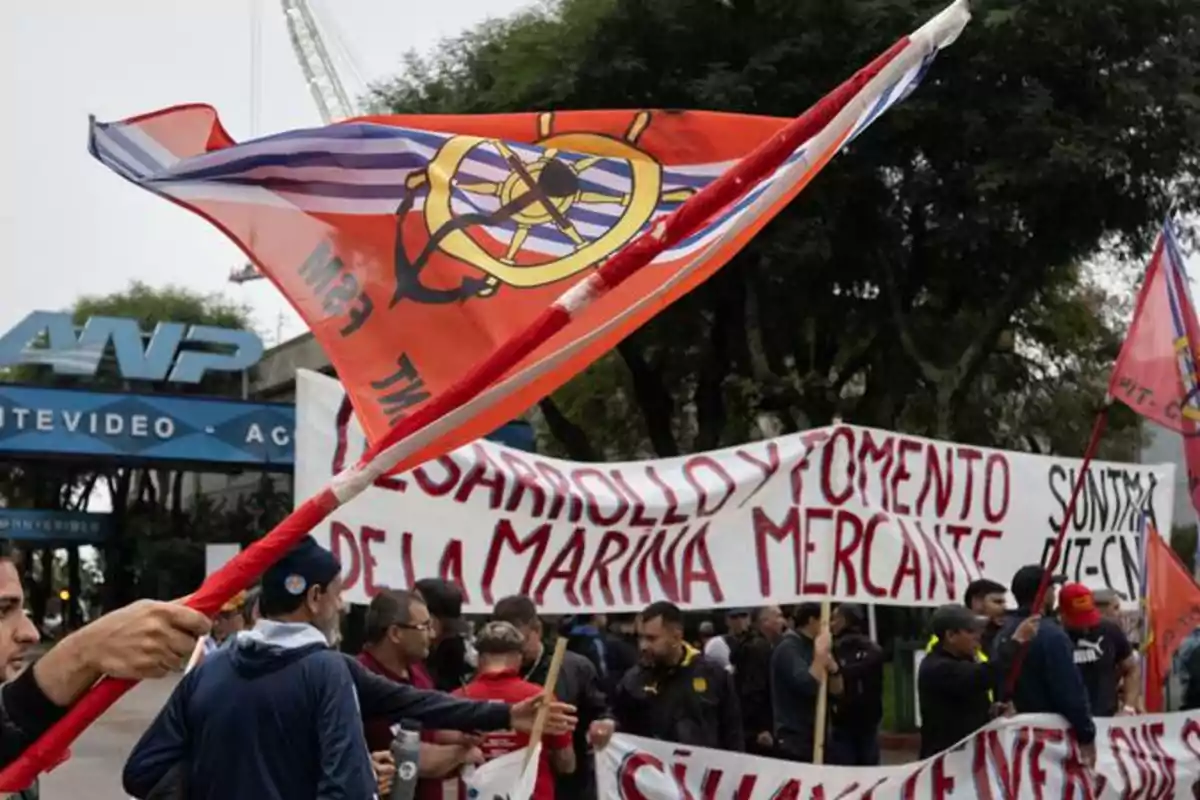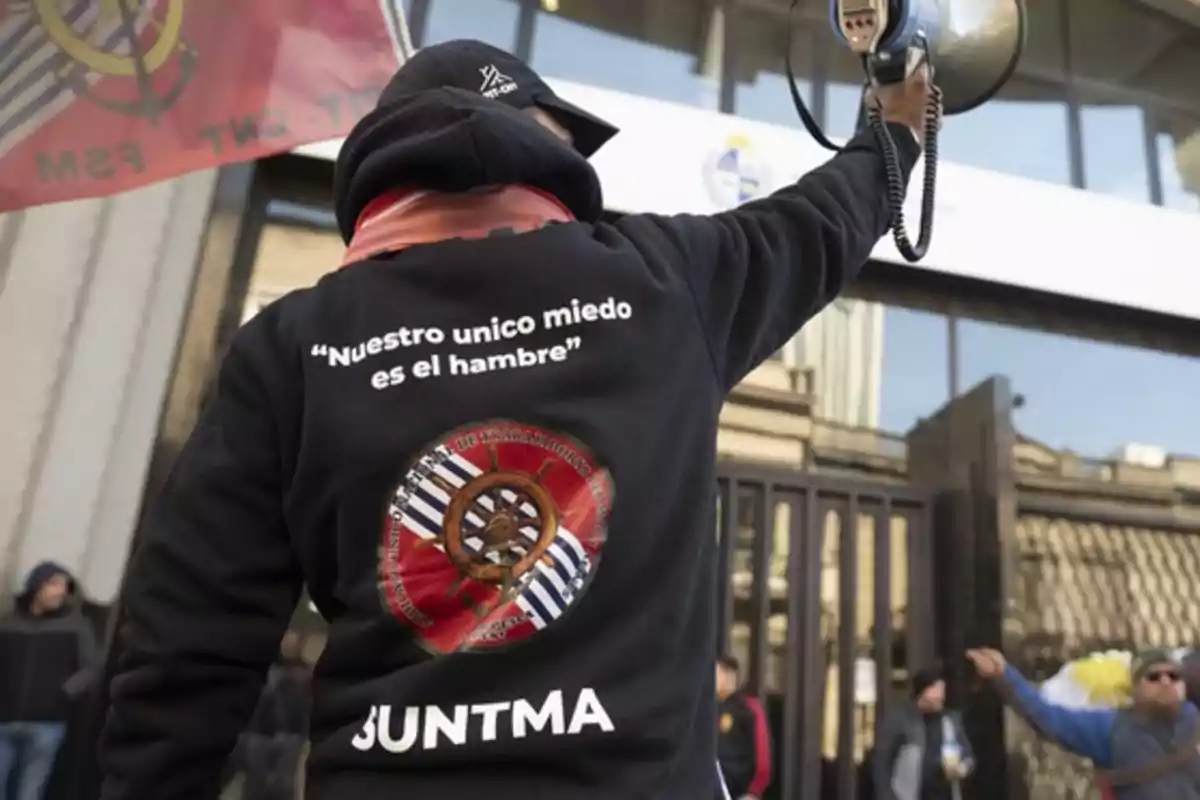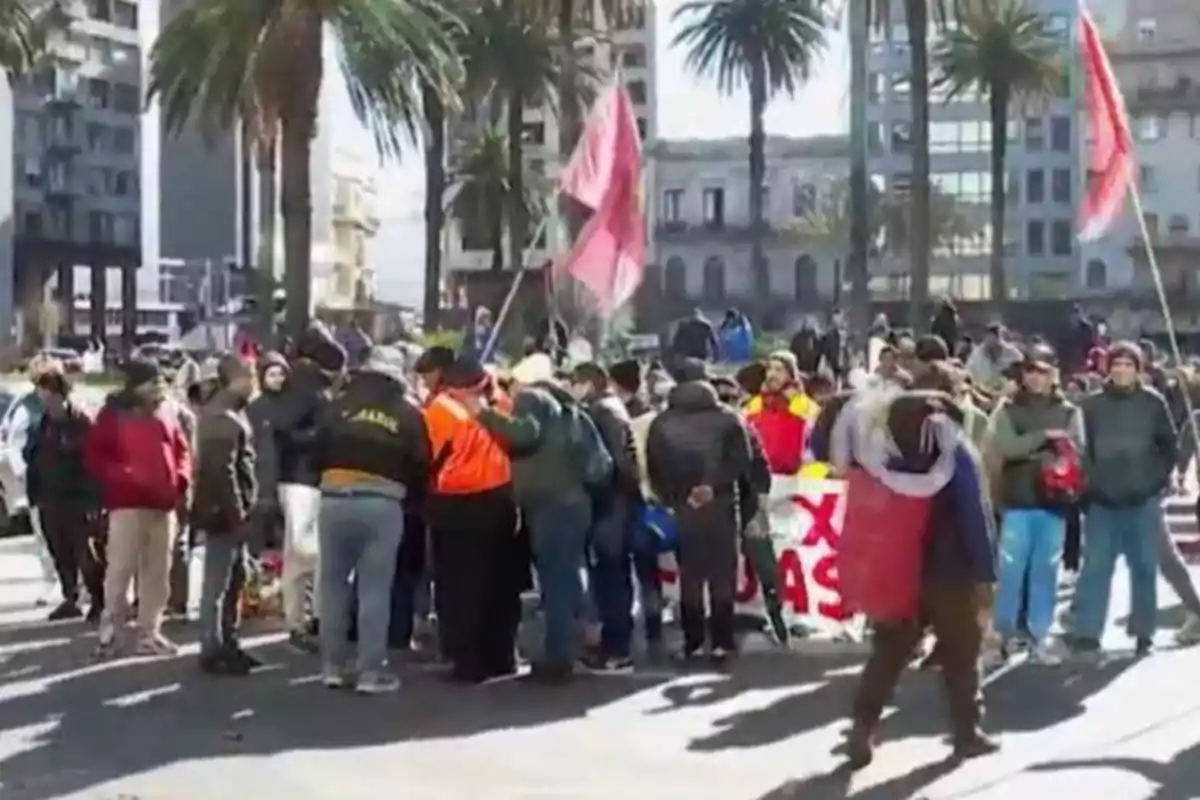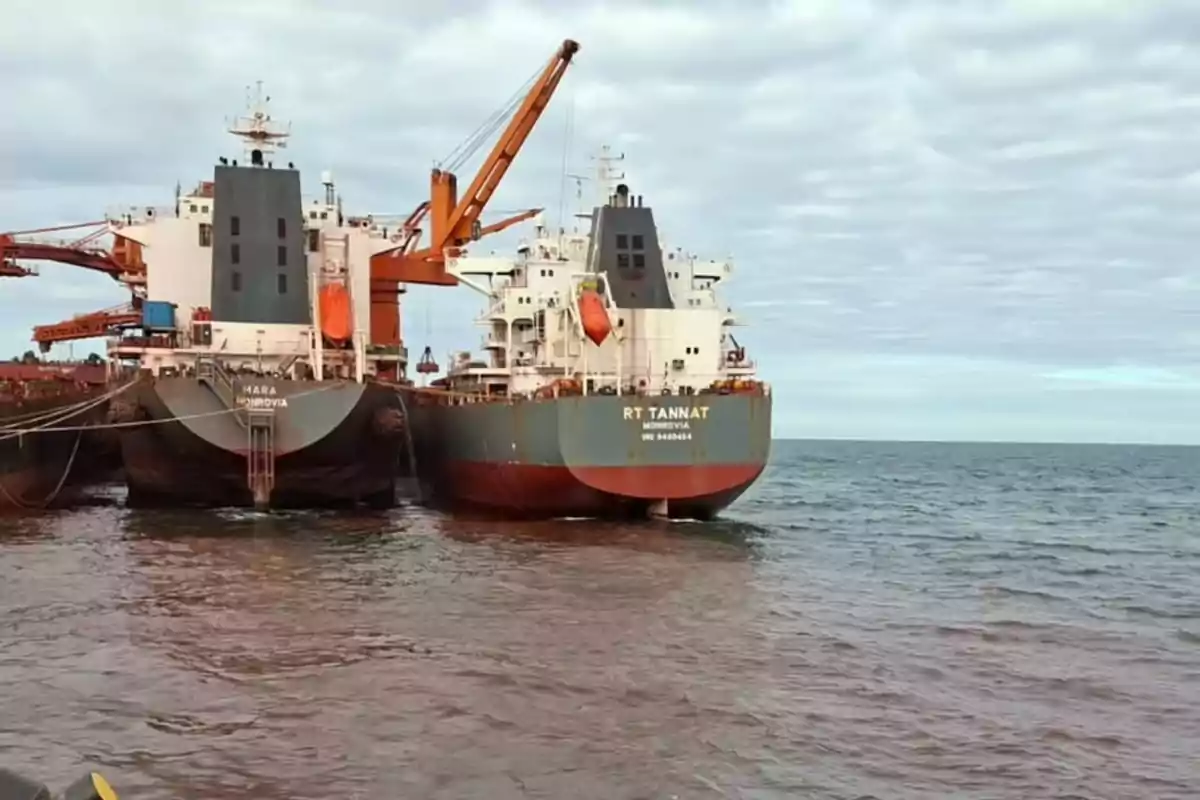
Wildcat strike ruined the fishing sector
Suntma held a strike that lasted nearly 80 days, which devastated the fishing sector and harmed thousands of workers
The strike by the National Union of Maritime and Related Workers (SUNTMA), which began in early June 2025, paralyzed the fishing industry for almost 80 days.
Because of the strike, more than 2,000 workers were affected and estimated losses exceeded 40 million dollars, in addition to reducing the fishing quota in the Río de la Plata from 70,000 (154,324 pounds) to 35,000 (77,162 pounds) tons.
The wildcat strike focused on the union's demand to add an additional crew member on coastal vessels to ensure rest and safety for crews, as well as demands for better working and salary conditions.
SUNTMA demanded an extra sailor to cover shifts, allowing for adequate rest, and the regularization of alleged outstanding payments.
Business owners argued that this measure was not included in the 2024 collective agreement, and that the vessels did not have capacity for more crew members.

The fishing fleet, with 33 croaker vessels, was paralyzed, affecting sailors and processing plant workers, mostly women who are heads of household, who reported being without income and in a precarious situation.
There were clashes with the Police during protests in front of the Executive Tower and the Ministry of Labor, with arrests and injuries.
SUNTMA acted in an intimidating manner and blocked non-unionized workers.
Business owners, represented by the Chamber of Fishing Industries of Uruguay (CIPU), refused to negotiate with SUNTMA, accusing it of violating agreements, exercising "mafia power," and "acting like a union gang."

They even issued a call for new non-unionized workers, receiving more than 5,000 applications in a few days.
The wildcat strike was lifted
On August 14, 2025, SUNTMA's assembly temporarily accepted a proposal from the Executive Branch, mediated by the Senate and the Ministry of Labor.
The proposal includes payment for shifts through a state subsidy, a minimum rest period for crew members, and the creation of a multisectoral committee to discuss regulations and working conditions in the short, medium, and long term, without temporarily adding an additional crew member.
This allowed for the resumption of fishing activity, although the union warned that, without a business agreement, the conflict could persist.

Fishing industry ruined
The fishing sector faces structural problems, such as an old fleet, high labor conflict, and outdated regulations.
Reports suggest that the industry could double its production with improvements, but the union leaders are extremists who have brought the sector to ruin with a wildcat strike lasting almost 80 days.
There were losses of millions of dollars, and thousands of workdays were lost for the sector's humble workers.
The union leaders belong to the Communist Party, the MPP, and the radical wing of the Socialist Party.
They are fanatics who did not care about destroying the fishing sector as long as they could impose their will.
They harmed the sector's own workers, causing them to lose workdays and the economic livelihood they so desperately need.
They are a true mafia that brought Uruguayan fishing to ruin.
More posts: